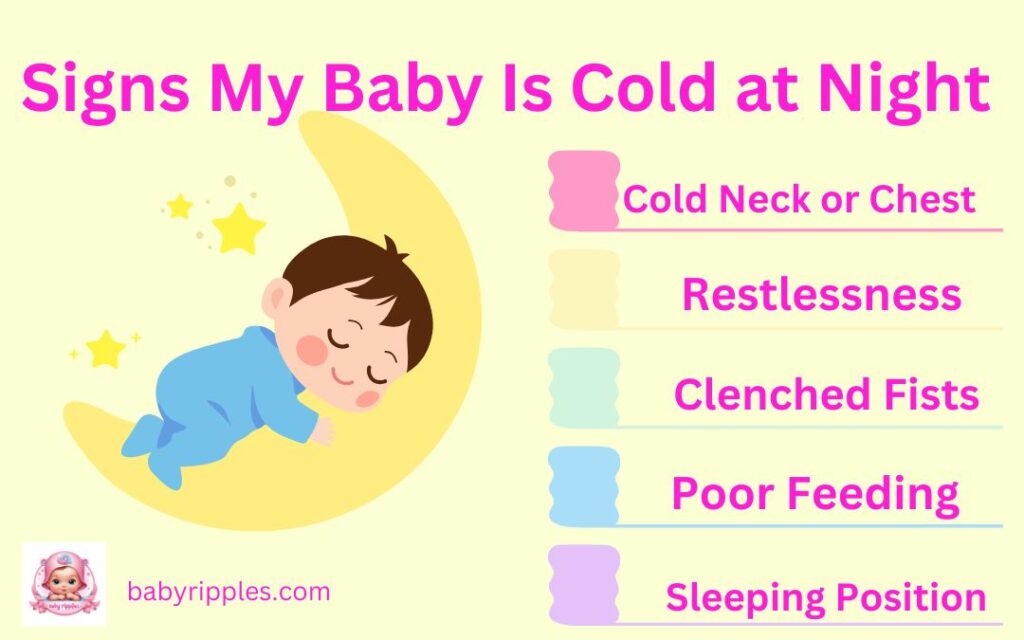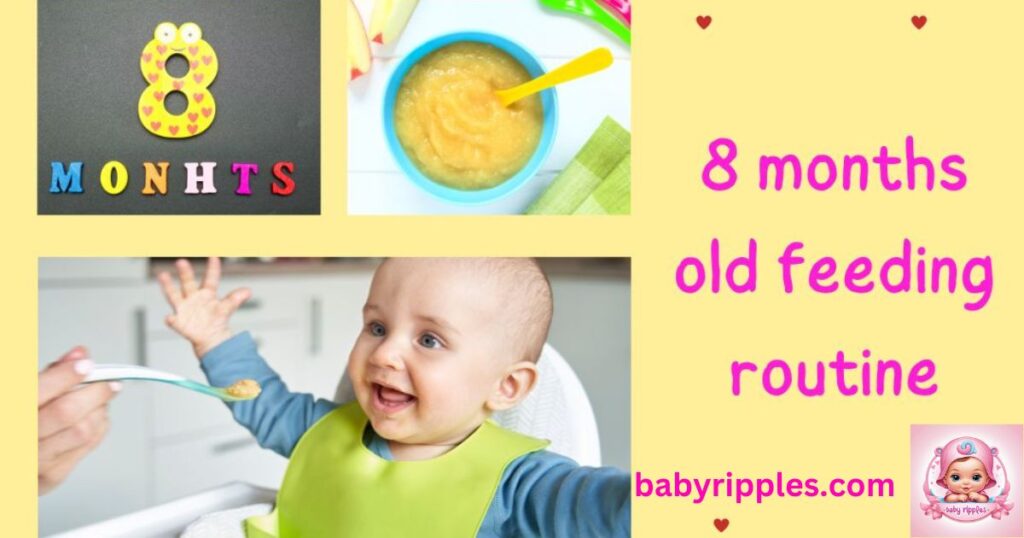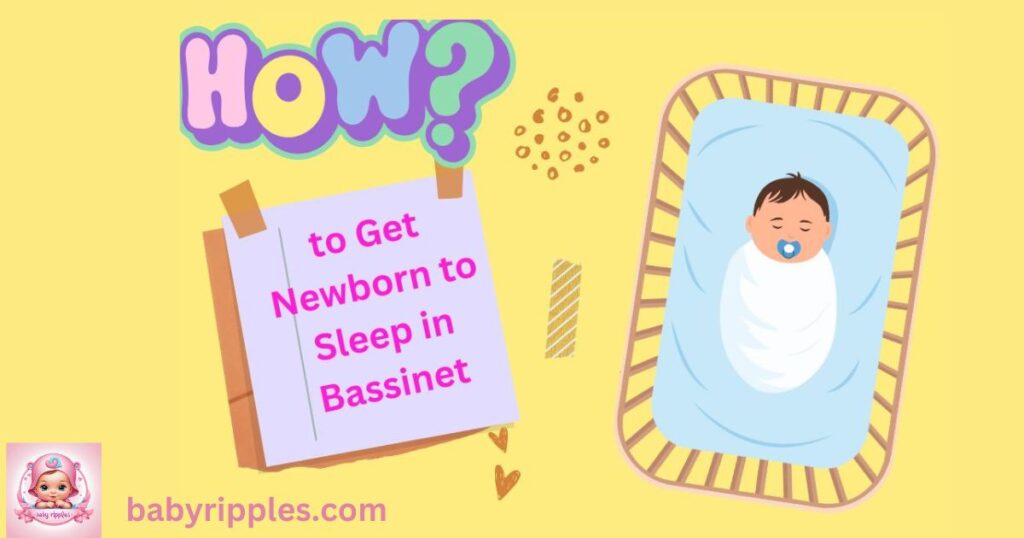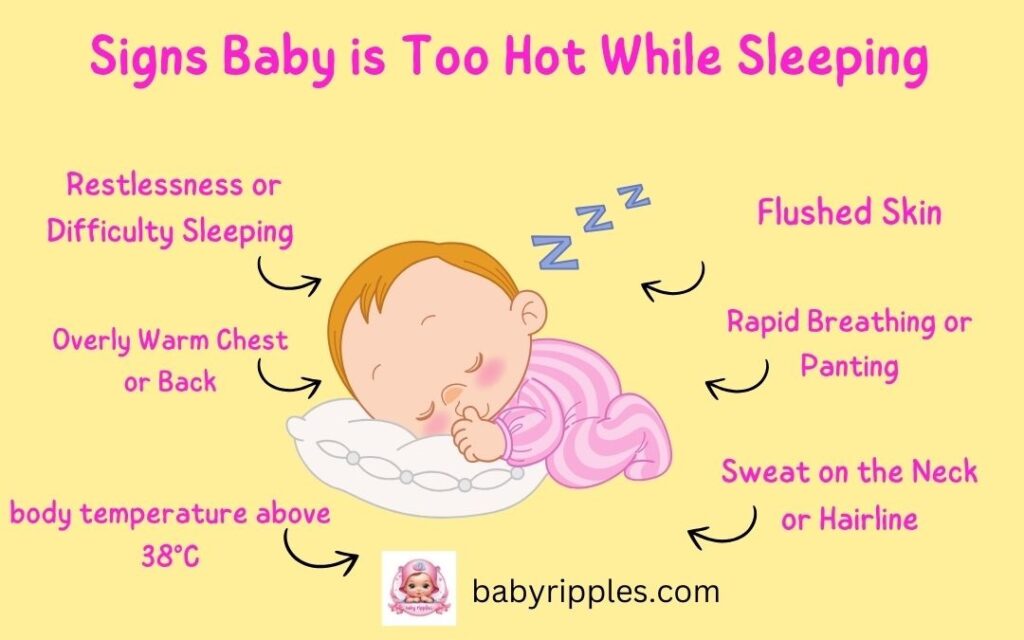Making sure your infant is comfortable while they sleep is one of your top priorities as a parent. Even though the signs my baby is cold at night can be minor, it’s important to recognize them so that you and your child can sleep soundly. We’ll go over the best sleeping conditions, how to tell if a newborn is cold, and how to keep your baby warm and secure in this guide.
By choosing the right sleepwear, you can help your baby stay cozy and comfortable throughout the night.you should also learn about the Signs baby is too hot while sleeping:
Understanding Your Baby’s Temperature Needs

Due to their special physiological characteristics, babies are particularly sensitive to temperature variations. Knowing how to tell if a newborn is cold is crucial because they are unable to control their body temperature as well as adults. Newborns typically have temperatures between 97.7°F and 100.4°F. It could indicate that your infant is too cold at night if they feel colder than this.
What Happens if Baby is Too Cold at Night?
Your infant may wake up a lot and experience discomfort if they get too cold while they sleep. In severe situations, extended exposure to low temperatures may raise the chance of complications, such as SIDS-related problems. As a result, keeping a suitable sleeping environment is important.
Key Signs Your Baby is Cold at Night
Knowing how to tell if baby is cold can help you take the necessary actions to ensure their comfort. Here are some signs baby is cold at night:
1. A cold chest or neck
Checking your baby’s neck or chest is one of the best ways to determine their temperature. Your kid might require an additional layer of clothes if these places feel chilly to the touch.
2. Frequent waking or restlessness
Changes in temperature can affect babies. Your infant may be feeling cold if you find that they are waking up more frequently than normal.
3. Bluish or Pale Skin
It could mean that your kid is too cold if their skin is pale or has a bluish tint. This is a more serious indication that has to be addressed right away.
4. Tight Fists
Babies may naturally clench their fists when they’re cold. If you notice this tendency, you might want to add another layer or a blanket.
5. Subpar Nutrition
Your infant may be uncomfortable from being cold if they don’t seem interested in eating.
6 Feeling cold
Although it is uncommon, your infant is probably quite chilly and has to be warmed up right away if you notice them shivering.
7. Position for Sleeping
When cold, babies tend to pull their arms and legs close to their body and curl up closely. This innate reaction may be a sign that they require additional warmth.
How to Create a Cozy Sleep Environment

Making your baby’s resting space warm and comfortable is crucial to keeping them from being chilled. Here are some pointers to think about:
1. The perfect temperature for a room
A baby should be kept in a room that is between 68°F and 72°F (20°C and 22.2°C). Keeping your infant at this temperature can help keep them comfy all night long. To maintain track, use a room thermometer.
2. Appropriate Clothing
Your baby should be dressed in easily adjustable layers. To give warmth without the risk of unsecured bedding, think about utilizing a wearable blanket or sleep sack. Because overheating can also be an issue, always make sure your infant is not overdressed.
3. Frequent Inspections
Check your baby’s temperature at night on a regular basis. To determine how warm they are, feel their back or neck. It could be time to change their sleeping posture or add a layer if they feel cool.
4. Preventing Overheating
Keeping your infant comfortable is crucial, but it’s also critical to make sure they don’t become too hot. Sweaty hair, wet skin, and a warm, sticky neck are symptoms of hyperthermia. Take off a layer of clothing to help them chill down if you see these symptoms.
Closing thoughts
It’s critical for your baby’s comfort and safety to keep them warm and comfortable at night. You can prevent a restless night for both of you by being aware of the warning signs my baby is cold at night. Always keep an eye on the temperature in the room, outfit your infant correctly, and listen to their indications. You may help your child sleep sweetly and soundly by putting these suggestions into practice.
In conclusion, keeping an eye on your baby’s temperature will improve their general health in addition to facilitating better sleep. Remember that a happy baby is one who is comfortable, and follow your gut!
FAQs About the signs my baby is cold at night
1: How do I know if my baby is cold?
Feel for warmth in your baby’s chest and neck. Your infant may be too cold if they feel cold, are especially restless, or wake up a lot.
2: What is the normal temp for a newborn?
Newborns typically have temperatures between 97.7°F and 100.4°F. See a medical professional if their temperature deviates from this range.
3: What happens if baby is too cold at night?
A newborn may experience discomfort and frequent awakenings if they are overly chilly. In severe circumstances, it may raise the risk of SIDS.
4: How to tell if a newborn is cold?
Check for physical symptoms such restlessness, pale complexion, and a cold neck or chest. These may be signs that your infant requires additional warmth
5:How to know if baby is cold at night?
You can tell if your baby is cold by regularly checking their neck, chest, and overall behavior. It could be time to change their layers if they are agitated.





